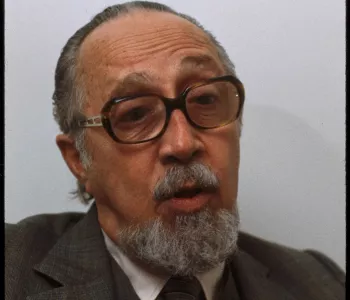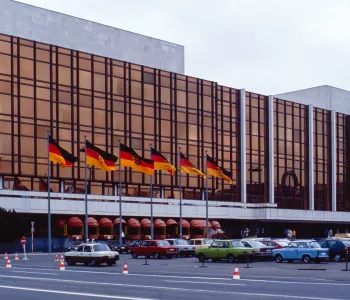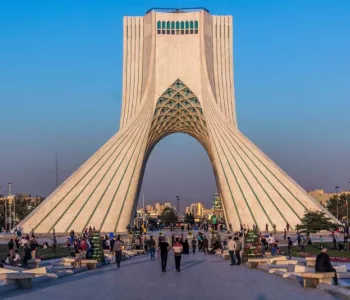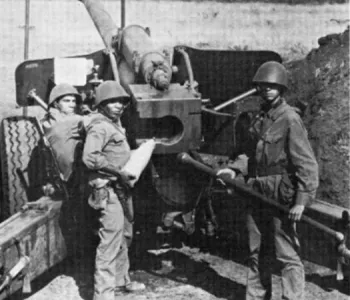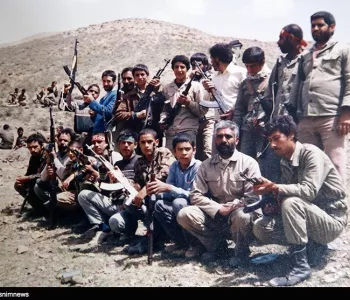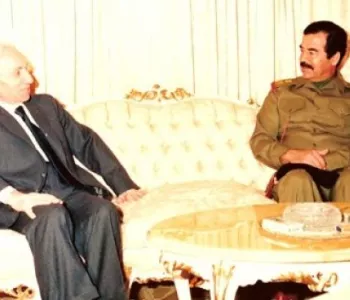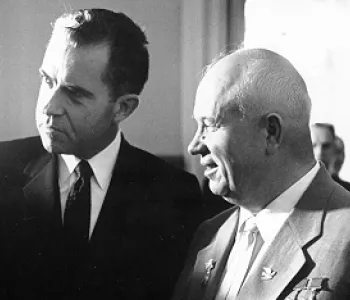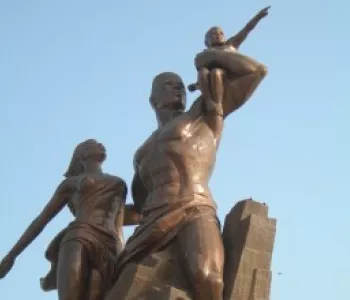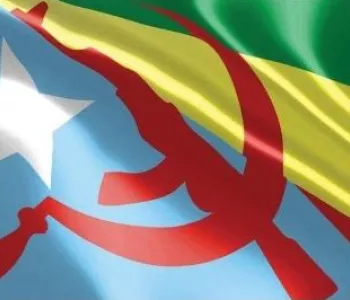Transcript of a meeting between Saddam and some Iraqi diplomatic personnel dated 20 February 1979. The meeting's main issue was Iran and Khomeini. One of the attendants asked Saddam if there is any possibility of turbulence in Iranian Kurdistan due to the internal chaos of the Iranian government. And if so, how would it affect Iraqi Kurdistan. They talked about the Iranian economy and the Iranian army. They said that the Iranian air force contains mostly American jets and it was built on American experience. Secondly they had a discussion about Eritrea and the diplomatic relationship between Iraq and Eritrea.


